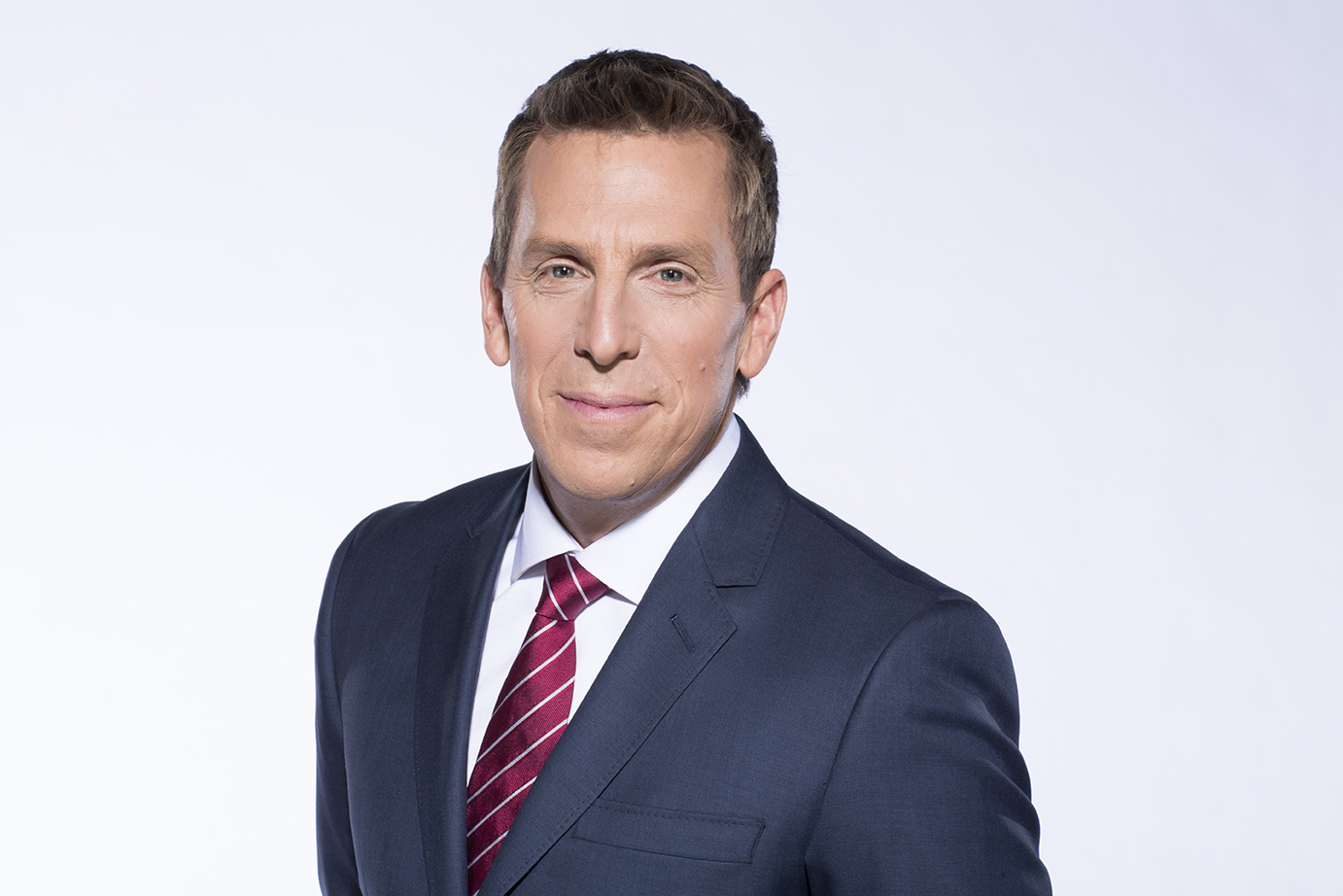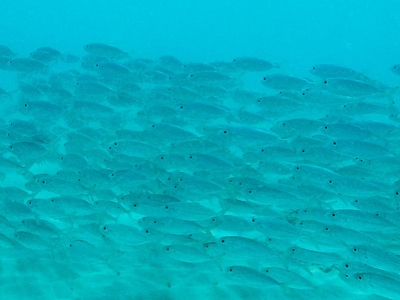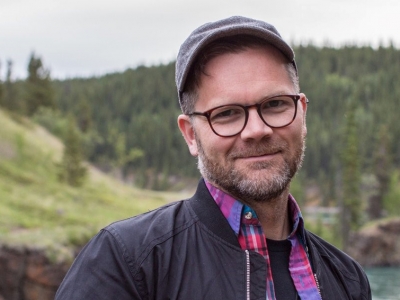By Karen Kelly
This profile was part of the Faculty of Public Affairs’ 75 for the 75th series, which highlighted 75 notable alumni in FPA in honour of Carleton University’s 75th anniversary. These stories were published in 2016 and 2017.
Television Host, The Sports Network
Bachelor of Journalism & Law (’89)

There are a lot of exciting days at work when you serve as an anchor at TSN. But the November 2016 Canadian Football League semifinal in Ottawa was a particularly special game for James Duthie.
As a boy, Mr. Duthie was a regular at Ottawa Rough Riders games at Lansdowne Park. Decades later, he found himself back at Lansdowne, hosting the national coverage of the CFL semifinal game between the Ottawa Redblacks and Edmonton in November.
“I grew up going to Rough Rider games from when I was 8-years-old. That was the genesis of my love for sports right there,” he says. “To be at the Eastern Final in Ottawa with the snow coming down—I got a massive thrill out of that.”
Not only is James Duthie living his childhood dream, he’s actually surpassed it. Growing up, he hoped to one day be a sportscaster on the local news. Today, he’s the face of Canadian sports, hosting events such as NHL hockey, the CFL Grey Cup, the Super Bowl, the Majors golf tournaments and the Olympics. Yet he describes these opportunities with characteristic humility and gratitude.
“I feel like I had no discernable skills so if I wasn’t doing this, I don’t know what I’d be doing,” he says with a laugh. “For me to be able to turn a career into going to great events and talking about them is still somewhat mind-boggling.”
Among so many highlights, Mr. Duthie cites the Vancouver Olympics as the pinnacle of his career thus far.
“I was a major Olympics geek as a kid. I watched every hour of the 1976 Olympics in Montreal. So I spent six months preparing for Vancouver. I knew something about every athlete in the games, which was a bit much,” he bemusedly recalls. “I hosted the Olympics during the day and did hockey at night. I’d start at 4 a.m. and work until midnight, but I was on a high the entire time. It was a great time for our country.”
But despite his early yearnings to be a sportscaster, Mr. Duthie was under pressure to work on the news desk. He started an internship at the Ottawa CTV affiliate, CJOH, in his fourth year of the journalism program. That internship turned into another shift, then another, finally leading to a full-time job offer in the newsroom.
“They tried to beat the sports out of me,” says Mr. Duthie. “My bosses said I was a good news reporter and that sports reporting was a dead end street. It’s ironic because sports television is now one of the last areas of our industry that’s still thriving.”
Finally, Mr. Duthie did get his break into sports, but in the worst possible way. When CJOH sportscaster Brian Smith was murdered in 1995, the editors contacted Mr. Duthie and asked him to deliver the sports report—that night.
“That was the first 6 p.m. sportscast I did. It was awful,” he says. “I was there for a year and a half but it really bothered me. I just couldn’t get my head around it: getting my break because of the death of a friend. So even though it had been my dream, I had to move on.”
He left for a news job in Vancouver. Then The Sports Network (TSN) called. Six months later, he was covering the CFL for the network. He says then, and now, he relies on the skills he learned in journalism school.
“One thing I appreciated about Carleton was the writing—they really, really emphasized writing for different media and I attribute my success to that,” says Mr. Duthie, who’s also authored three books. “Even now, I see kids coming out of different colleges and the one weakness most of them have is that they can’t write. When high school students ask me where to go, I tell them Carleton.”
He admits he’s struggled with what to advise budding sports journalists when the job market is so small, but he’s devised a compromise.
“I tell them to go for it. I will never be one of those dream-killers who tells them to run away from journalism. But they need a good back-up plan, because the odds are tough in our industry right now,” he says. “However, they’ll be so well-rounded with a journalism degree, they’ll have the ability to do so many things. It’s a great foundation.”
Friday, December 16, 2016 in #FPA75, Career Paths, Journalism
Share: Twitter, Facebook



